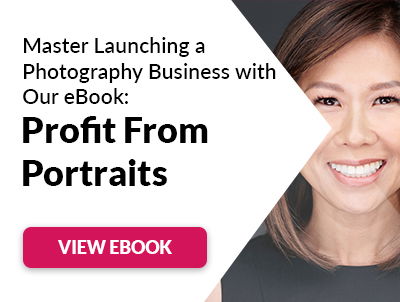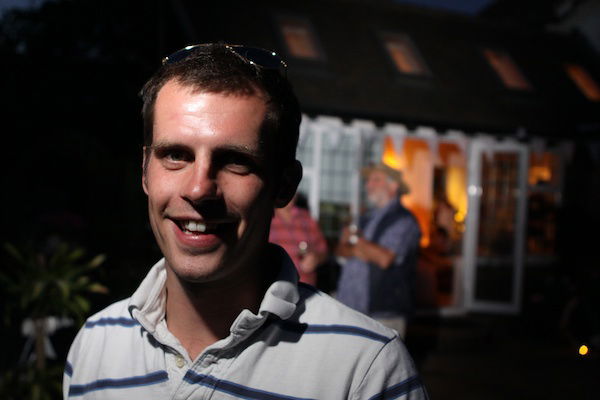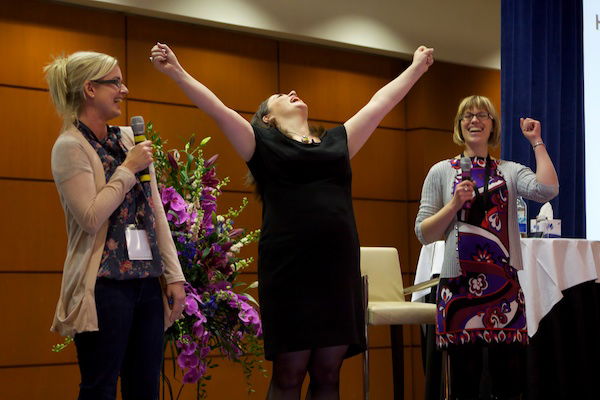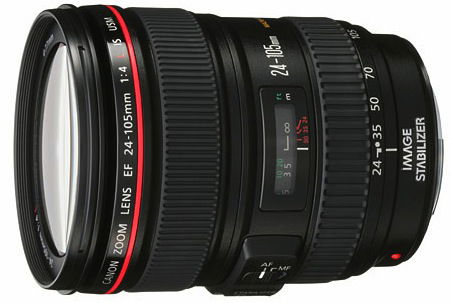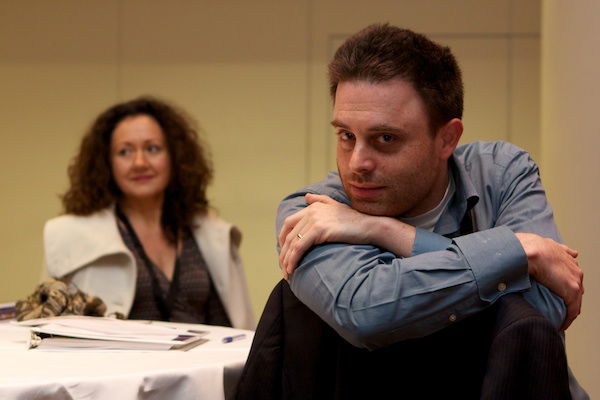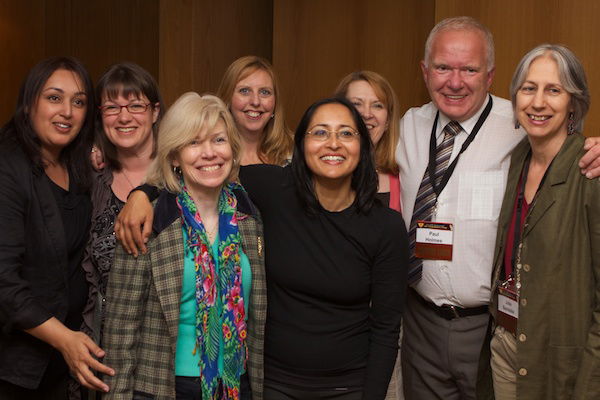Advice
When you’re looking for a photography job, you may find yourself applying for positions that are way above your skill and experience level. This is something you need to watch out for. Only apply for jobs that you’re qualified for. Otherwise, you’re doing your client a disservice, not providing the results they will be expecting. This will give you a bad name before you’ve even begun your career. Start with a small or relatively stress free job where you’re not going to be under the pressure of only being able to have one chance to get a photo. Try out as a second shooter first to gain experience before going it alone. You can often find second shooters at weddings. If you can find a well established photographer, show them your portfolio and you may get the chance for some paid work. Always try to get paid for this sort of job. The photographer will definitely be charging the clients for your presence. Make sure that you’re charging the right amount of money. It’s common for early stage photographers to feel like they should charge less than a full time photographer. Don’t do this. It will only make it harder for you to start charging proper money in the future. You need to remember that a good photographer can easily charge $500+ a day. If your client is looking for a proper photographer, they will already know to expect this sort of price. Don’t feel bad about quoting the same. As a photographer, you’re there to get the photos required of you – nothing more, nothing less. When you’re working with large groups of people or speakers and events, you’ll start to feel like you stand out, making lots of noise snapping away but this isn’t necessarily so. If you move slowly, you’ll be much less likely to make any sudden movements, attracting attention to yourself. Keep cool, calm and collected. You’ll find that you’re be more focused and end up taking better photos anyway, as well as looking more professional. If you’re going to be taking professional photos, you need professional gear. Make sure you’ve got an external flash unit (pop-up flash won’t cut it) and a couple of decent lenses. I know that you can get great photos from entry level SLRs but it would reflect badly on you if that was all you turned up with. If you’re starting to get paid jobs, you should really invest in better gear too. If you can’t afford to buy better gear, consider camera rentals. There are companies everywhere which will provide you will all the top quality gear that you could possibly need. If your camera has them, I thoroughly recommend using custom dials. I have two on my camera so I can easily switch between different settings depending on what I’m shooting. This is very useful; you’ll find that you may only have one chance to get a photo in certain situations. If your camera is not set up for that shot, you might miss it. I typically have them both set to manual: one set up for flash, one without flash. Events usually have pretty poor lighting so make sure you carry a flash and some fast lenses with you. Wide apertures are really important in low light; you won’t want to push your ISO too much for fear of noise. Be careful when taking group photos though; people are likely to be at different distances from the camera – you’ll want to ensure they’re all in focus by using a narrower aperture and possibly a flash. This is all basic gear that you should have before you start quoting for photograph jobs. Get everything in writing. I’ve turned up to events in the past and found that something had happened to their main speaker and they may only need me for one day rather than the three they had booked me for. Because I had it all in writing, it wasn’t a problem. For more tips on writing up an agreement for your future clients, I go over everything in my post on corporate event photography. If you’ve enjoyed this post, I’d encourage you to come and join me and other photographers over at the Facebook page. We share photos and more tips and techniques.

